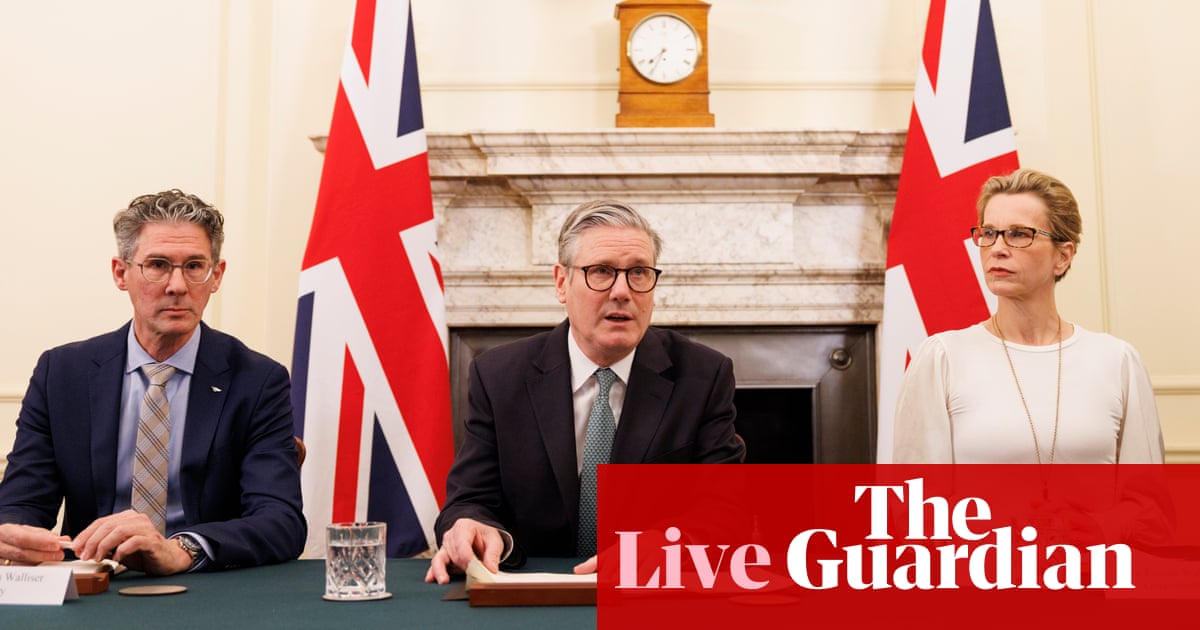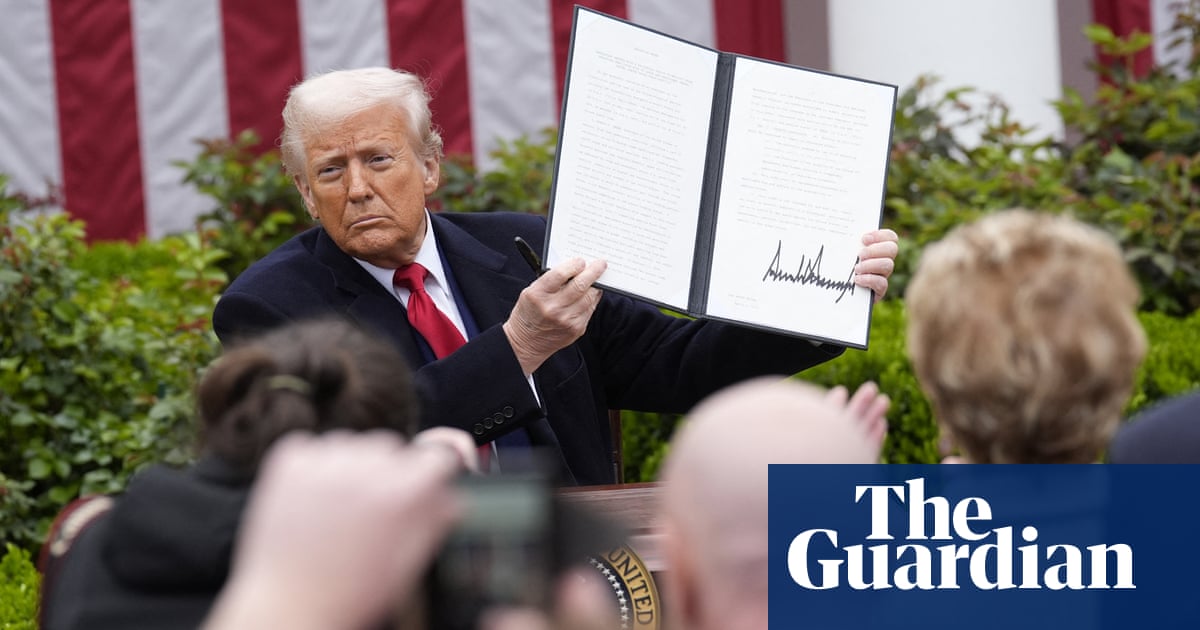South Africans were still celebrating their side’s passage into the World Test Championship final, secured after the fast bowler Kagiso Rabada cosplayed as Brian Lara in a nerve-jangling two-wicket win against Pakistan, when Michael Vaughan sought to pour cold water over the parade.
Speaking on Fox Cricket the former England captain, who left his post in 2008 after losing a home series against South Africa, declared that the Proteas got to the final “on the back of beating pretty much nobody”. He said Temba Bavuma’s team didn’t “warrant being in the World Test Championship final with whom they have played over the last two years”.
All triumphs have caveats. Would England have won the 2019 World Cup without a lucky bounce off Ben Stokes’s sliding bat in the final? Would Vaughan have received an OBE if Glenn McGrath hadn’t rolled his ankle in the warmup before the second Test of the 2005 Ashes? We’ll never know, but there is a difference between what-ifs and straight falsehoods, and Vaughan’s comments require closer scrutiny.
It’s true that South Africa’s road to Lord’s circumnavigated trials against England and Australia. But they thumped India by an innings in Centurion to make it impossible for them to lose that series and were unbeatable almost everywhere else. Their wins against the “nobodies”, as Vaughan would call them, include wins away against the West Indies, who beat Australia in Brisbane, and Bangladesh – their first series win in Asia in a decade. They also claimed clean sweeps at home against Sri Lanka, who beat England at the Oval, and Pakistan, recent winners against Baz’s Ballers. Had they not sent a weakened team to New Zealand to make sure their star players stayed at home for a lucrative T20 franchise competition, there is every chance they would have maintained their unbeaten record against the Black Caps.
Not that losing against New Zealand on their own patch is a disgrace. Unless of course Vaughan also considers Kane Williamson et al to be a bunch of nobodies, in which case we should probably disregard England’s own victories against them.
Since South Africa’s 2-0 defeat against New Zealand at the start of 2023, a result that was a consequence of what this column called a Faustian pact, they have not dropped a game. Their seven-match winning run is tied for the fifth-best of all time and Bavuma’s record of eight wins from his first nine Tests as captain puts him joint-second on this metric in cricket’s 148-year history. The side has produced nine centurions this cycle – more than England or Australia – and possesses a bowling attack as potent as any in the world. Under the new coach, Shukri Conrad, the team have cultivated a feelgood energy where the group, for the first time in a generation, is much more than the sum of its parts.
This team should be celebrated. So should any outfit from beyond the so-called Big Three who are able to punch above their weight and sneak their way into a showdown for silverware. It has been 13 years since a major ICC final did not include one of India, England or Australia. With franchise leagues gobbling up precious weeks in the calendar, and with proposals of a two-tiered Test ecosystem starting to look like an inevitability, the gap between the haves and the have-nots will surely deepen. That is why cricket lovers of all stripes and allegiances should take a moment to find joy in South Africa’s success despite the disclaimers.
Should it matter that the Proteas didn’t have to play a pink ball game in Adelaide, or face a moving Dukes at Trent Bridge in order to secure their place at Lord’s this summer? As with all things, there’s nuance here. Because as much as Conrad, Bavuma and their supporters might sneer at Vaughan’s accusations, the truth is that they have benefited from a complicated and imbalanced competition. That is not their fault. But perhaps the failures of England and India might prompt those in power to reconsider the way the WTC is structured and devise a plan that would see all sides play each other across the same cycle. At the very least, perhaps a third final in a row on English soil without English participation might prompt a recalibration in attitudes towards the competition.
after newsletter promotion

During his tour of New Zealand, Stokes summed up the indifference and exceptionalism of English cricket when he said: “I can’t remember if I’ve ever given any real time to be specifically thinking about the World Test Championship to be honest because it’s utterly confusing.” This from the captain of a side that has, implicitly at least, assumed a moral high ground with regards to how the game should be played while at the same time winning less than 50% of their matches across three cycles. Stokes’s ignorance shows how disconnected this England side is from the rest of the world on this matter. Australia and India have each qualified for two finals. Pat Cummins has spoken of the importance of this global title and how he values it as much as any World Cup crown. The WTC might not be perfect, but it’s given much needed context to cricket’s oldest format. For their recognition of this, and for beating what’s in front of them, the South Africans deserve their shot at glory.

.png) 2 months ago
26
2 months ago
26













































